
Training Sites
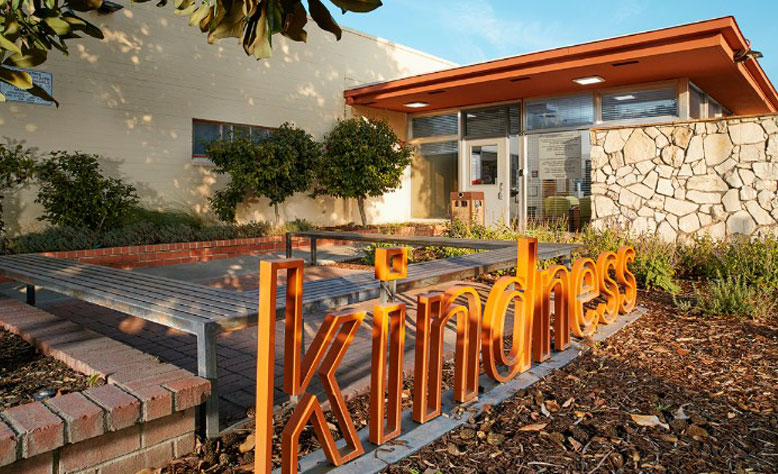
St. Joseph’s Behavioral Health Center (BHC)
St. Joseph’s Behavioral Health Center (BHC) serves as the primary training site for inpatient psychiatry in our program. Located in Stockton, CA, St. Joseph’s BHC is a licensed, not-for-profit facility offering comprehensive behavioral health services. The inpatient unit includes 35 adult beds focused on crisis stabilization, medication management, and medically supervised detoxification. Residents benefit from exposure to a multidisciplinary treatment environment that includes daily programming such as psychoeducational classes, group therapy, recreational therapy, and dialectical behavior therapy (DBT) skills training. The center is staffed by a dedicated team of physicians, nurses, social workers, and mental health professionals, each committed to providing compassionate, high-quality care.
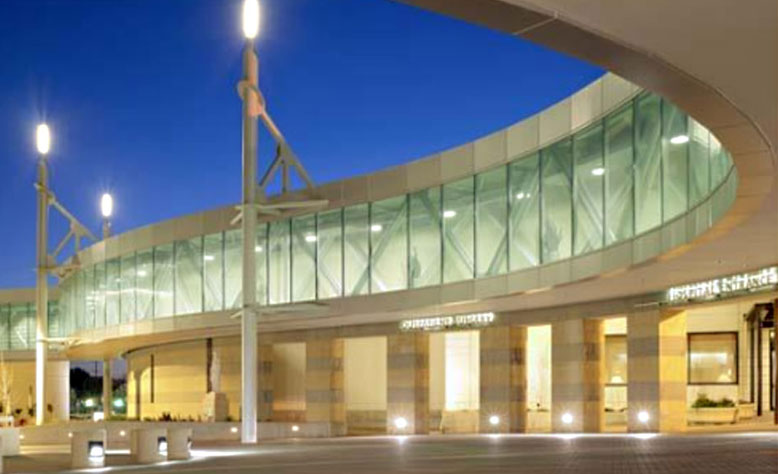
St. Joseph’s Medical Center (SJMC)
St. Joseph’s Medical Center (SJMC) is the largest hospital in San Joaquin County and serves a highly diverse and underserved patient population in Stockton and surrounding rural communities in the Central Valley. This provides residents with the opportunity to gain experience in a wide range of psychiatric and medical conditions, including complex and advanced pathology, all within a supportive academic environment. SJMC has 355 licensed beds and tertiary services, and serves as a major teaching site for multiple residency programs. Psychiatry residents rotate through Consult & Liaison Psychiatry, Neurology, Family Medicine, and Emergency Medicine at this site, working closely with experienced faculty and multidisciplinary teams.
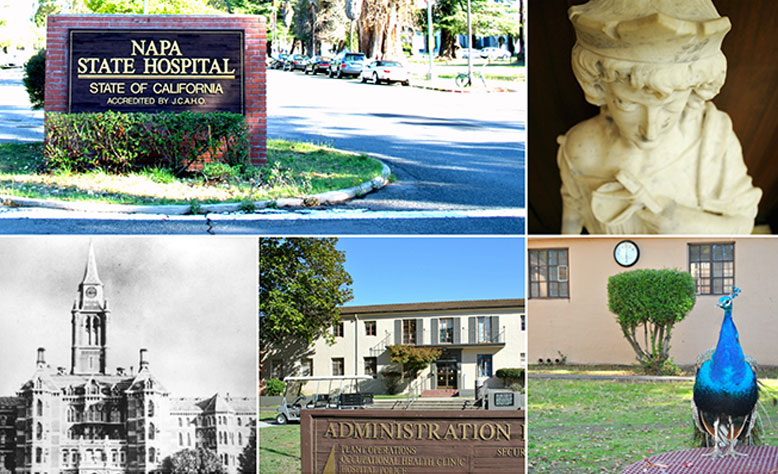
Napa State Hospital (NSH)
The Department of State Hospitals - Napa, a key training site for the program and located about 70 miles from Stockton, offers rotations in Inpatient Psychiatry, Geriatric Psychiatry, Forensic Psychiatry, Addiction Psychiatry, and Electroconvulsive Therapy, with electives for PGY4. As California’s oldest state hospital with approximately 1,300 beds, it primarily focuses on forensic psychiatry but emphasizes general adult psychiatry education. Residents treat patients under various legal commitments, engage in specialized treatments like Dialectical Behavior Therapy, and participate in clinical research and academic publications, supported by a multidisciplinary team and comprehensive academic resources.
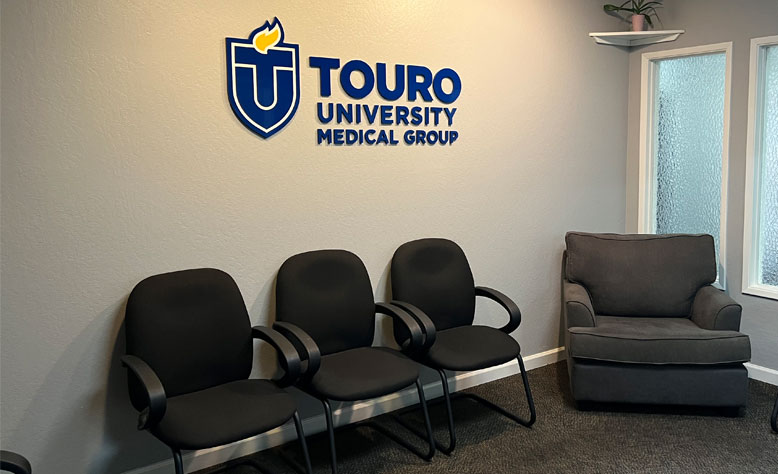
Touro University Medical Group (TUMG)
Touro University Medical Group (TUMG) in Stockton, CA serves as one of the main sites for the adult longitudinal outpatient clinical training experience. Here, residents receive comprehensive training in conducting initial outpatient psychiatric assessments, administering continuous assessments and follow-up care throughout the year, and developing treatment plans that encompass biological, psychological, and social perspectives. This clinic offers residents a diverse exposure to an array of psychiatric disorders, including but not limited to depressive disorders, anxiety disorders, obsessive-compulsive disorders, bipolar spectrum disorders, schizophrenia spectrum disorders, and attention deficit disorders. The patient population also spans a wide demographic spectrum, encompassing young adults to a significant geriatric cohort.
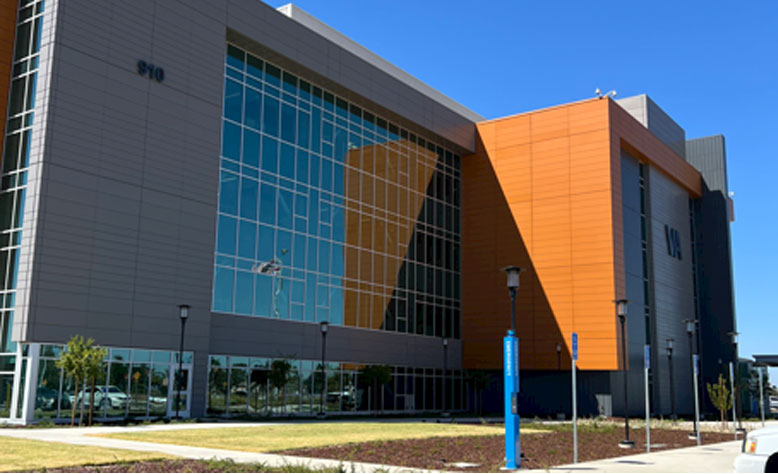
US Department of Veteran Affairs, Northern California Health Care System (VA NCHS)
The VA Northern California Health Care System provides a variety of mental health services to veterans across Northern California via in-person and telehealth care in a robust educational environment. The VA is the largest unified training platform of physician trainees in the country; approximately 70% of US physicians have trained at some point at the VA. Trainees will carry a panel of their own outpatient veterans and develop towards becoming independent providers while having close access to 1:1 supervision with experienced psychiatrists. Additional areas of focus are training in psychotherapy, with weekly 1:1 supervision with clinical psychologists, working in specialty services, such as the Addiction Recovery Treatment Service (ARTS) and the Primary Care Mental Health Integration (PCMHI), and learning to leverage the extensive resources of the VA system, such as, but not limited to, Compensated Work Therapy (CWT), the PTSD Clinical Team (PCT), Neuropsychology, and Peer Support to enhance Veteran care.
Psychiatry Residency Program
ABOUT US
RESIDENCY
PEOPLE
SOCIAL MEDIA
